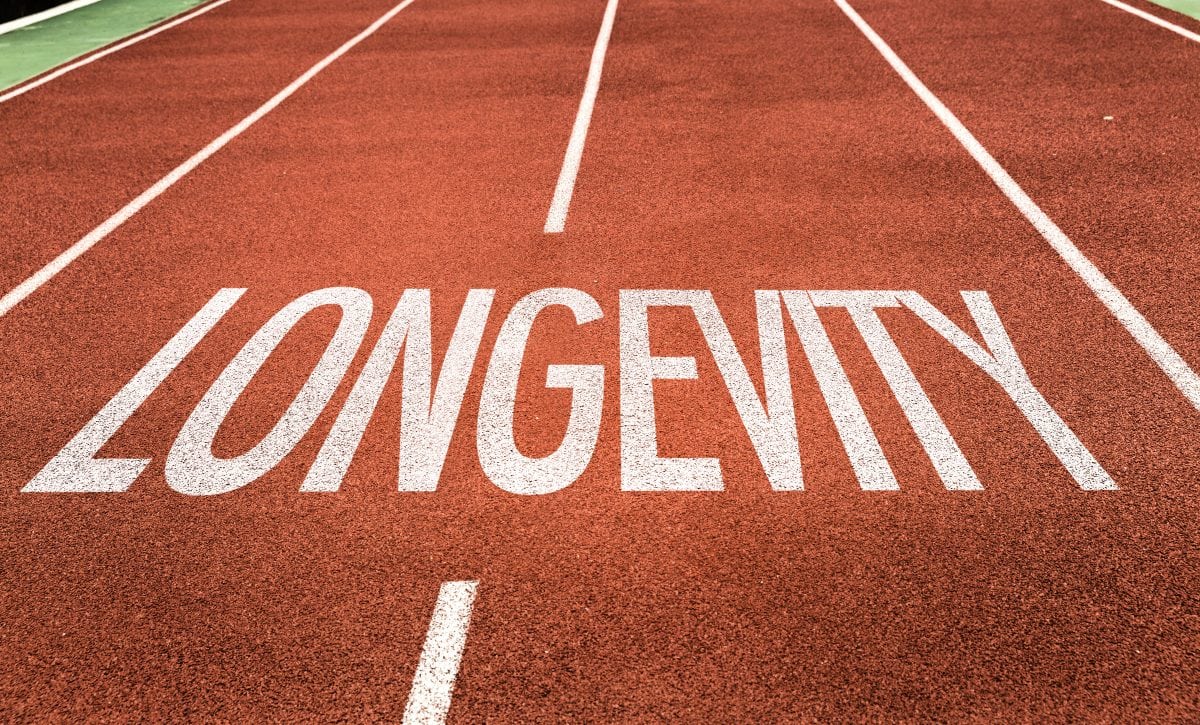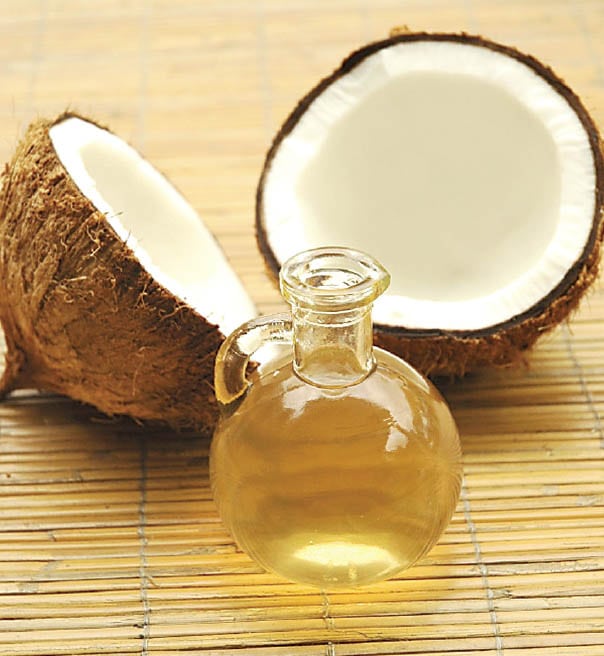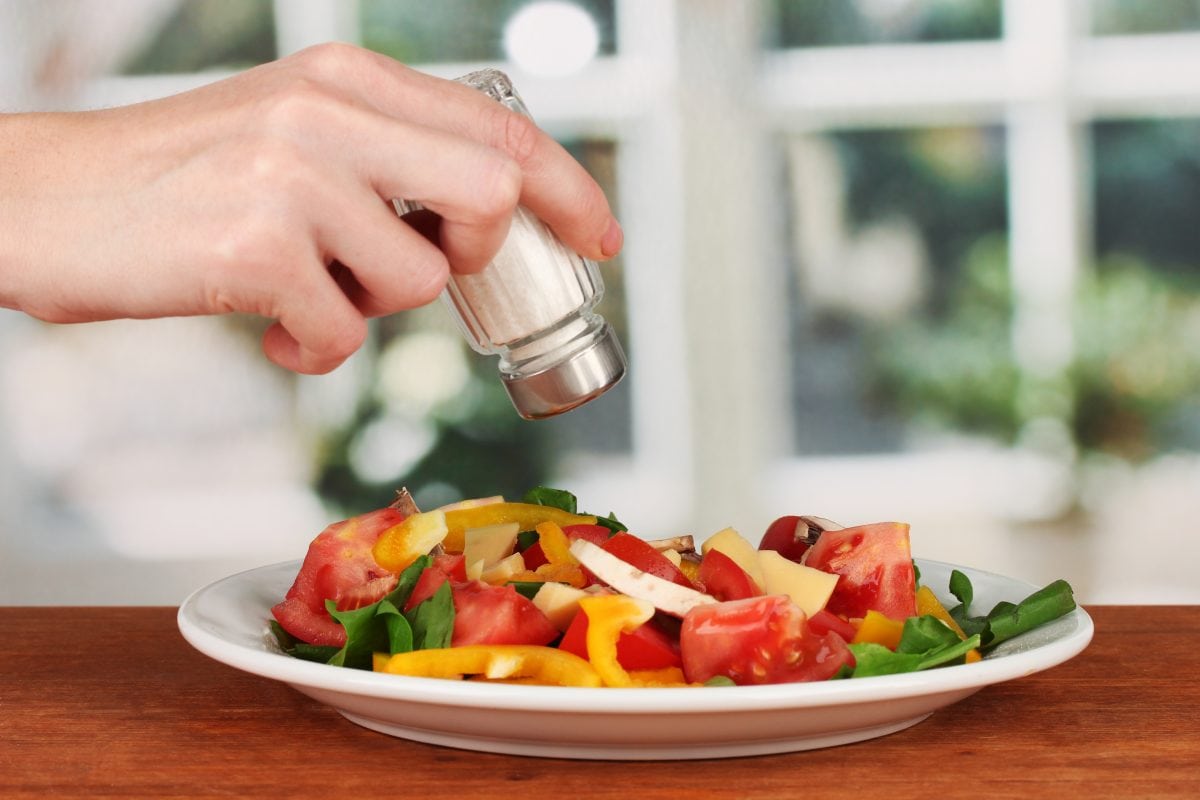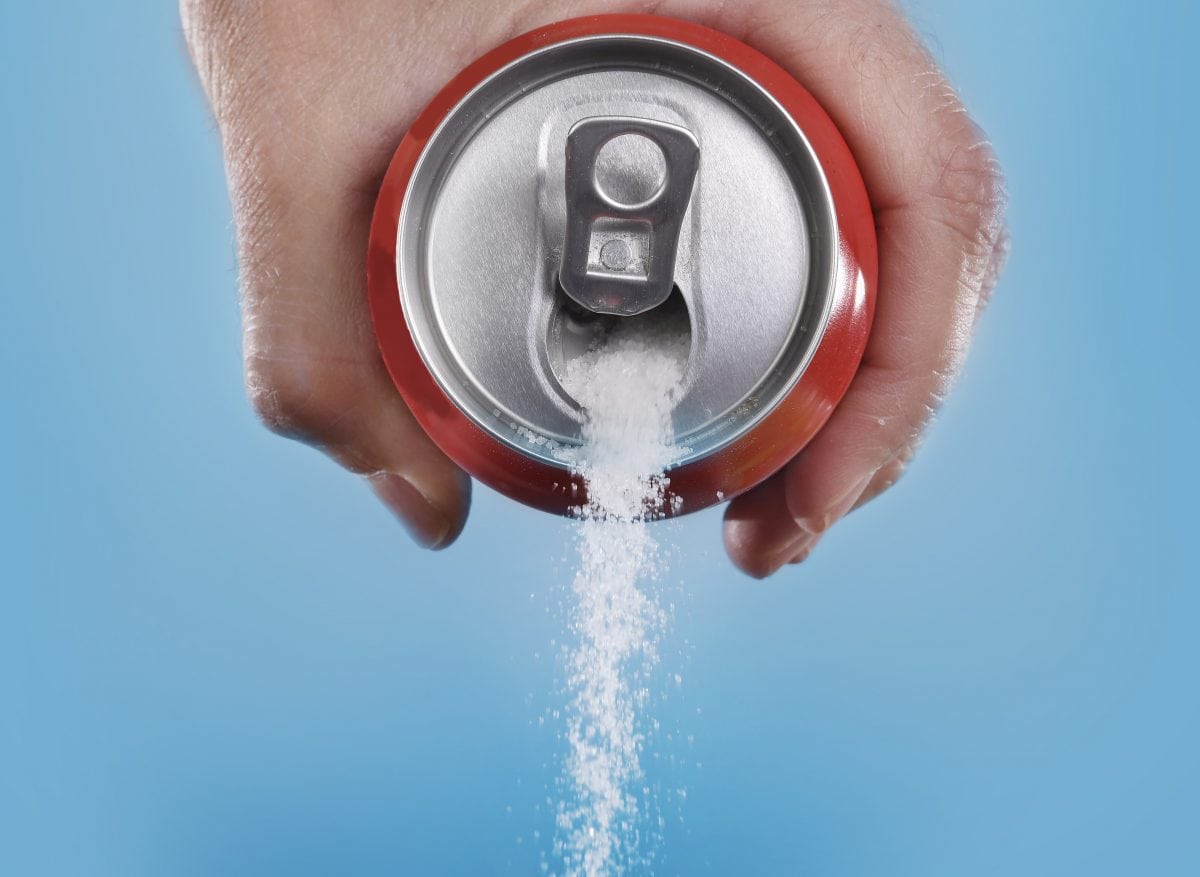We all need more sleep, right? YAWN! We have said it or heard it hundreds of times. Get more sleep for better health. Yet despite the prevalence of the advice, there is a clear disconnect between hearing it and implementing it. For one, there is a positive stigma or bragging rights associated with “I only need 5 hours of sleep per night.” Secondly, our lives have become so busy, over scheduled, and over stressed, that it is easy to prioritize everything else before sleep. And lastly, even when we want to get more sleep, many of us are unable to do so for a variety of reasons that we will address.
As with many areas of health, the first step is educating ourselves about the importance of sleep. Only once we understand the real importance of sleep can we prioritize sleep adequately, thus committing to the sleep hygiene practices that help us achieve better health. Without education, the rest never follows.
The scientific literature is saturated with evidence that sleep is important for health. It would be overwhelming to try to summarize all the literature here, but here are some of the highlights. Poor sleep has been linked to:
- Depression
- Anxiety
- Hypertension
- Diabetes
- Weight gain
- Poor job performance
- Poor athletic performance
- Car Accidents
- Coronary artery disease
- Strokes
And more…
One of the most common associations is the connection between poor sleep and poor performance in life. What does that mean? It means not achieving your goals. Whether it is athletic performance, work performance, or improving your overall health, inadequate sleep dramatically reduces the chances of success.
Let’s look at one of the most frustrating failures of lack of sleep- inability to lose weight. Numerous studies have shown that poor sleep habits lead to increased hunger, increased snacking and poor nutritional choices. Not only is there a proven relationship, but there is also a biological reason for this. Ghrelin is a hormone in our body called the “hunger hormone.” It signals to your body that you are hungry and need to eat. Leptin has the opposite effect. It says to your body that you are full and don’t need to eat. When we do not get adequate sleep, our ghrelin levels spike and our leptin levels are inhibited. Thus we have a biological reason for feeling hungry and snacking more. Plus, since our mental clarity is reduced and our emotional control is inhibited by poor sleep, we tend to make impulse decisions in reaction to the feeling of hunger. Impulse decisions rarely end in preparing a well-balanced meal of veggies with high-quality fats and proteins. Instead, they may result in standing in front of the freezer eating the Ben and Jerry’s right from the carton with no end in sight. I’d be lying if I said I have never been there before. But I can also say that I will never be there again.
The next concept I want to address is our perception of how much sleep we need. Many people with inadequate sleep may feel like they are doing just fine. But a fascinating study published in the journal Sleep in 2003 showed that people who got no more than 6 hours of sleep for 10 days had a similar decline in cognitive function and physical reaction time as those who were completely deprived of sleep for 2 whole days. The amazing part, however, was that they had no idea how bad their performance was. They felt they were thinking clearly and performing well on all the required tests, and they did not feel tired. That makes it even more dangerous! To perform so poorly and not even realize it is a recipe for disaster. At least those who were deprived of sleep for two whole days knew they were exhausted, and they could change their lives accordingly. The same cannot be said for the group who got less than 6 hours of sleep per night. So it is clear that we frequently need more sleep than we realize.
Yet another incredible study was recently published looking at the sleep patterns of traditional hunter-gatherer tribes. Sleep problems were so rare in their cultures that the three tribes studied did not even have words for insomnia in their language.
The study showed that they averaged 7.5-8 hours in bed per night. In addition, they had an absolutely consistent sleep-wake schedule thus maintaining a stable diurnal rhythm. Couple that with their lack of distractions from computers and phones, and it is no wonder their society had no concept of sleep problems.
What about those who say “Sleep is a waste of time. It is unproductive time I could spend accomplishing things.” This couldn’t be further from the truth. “Restorative Sleep” is a combination of Stage 3 sleep and REM sleep. It is appropriately named because your body literally restores itself while you sleep. Learning, memory, and concentration are improved while you are in REM sleep, and your body is able to heal and restore physical energy when you are in Stage 3 sleep (deep sleep or delta wave sleep). Without adequate time spent in each stage of sleep, the body is not able to perform its essential “reboot” functions. Lack of sleep robs your body of these restorative functions. In addition, alcohol and sleep medications can disrupt the balance of sleep stages, thus resulting in less restorative sleep. Part of the importance of maintaining a steady sleep schedule is that it allows your body to cycle through the stages of sleep consistently, ensuring that you get adequate time in the deep and restorative stages.
Lastly, part of the problem is that even those who want to sleep more find they cannot. Insomnia is a growing problem in our society with prescriptions for sleeping medications increasing over 50% since 2008. As with many things in medicine, prescription drugs are simply Band-Aids. They treat the symptom without addressing the underlying cause. Sleeping medications come with their own risks of developing dependence, rebound insomnia, potential short-term memory loss, and distorting the stages of sleep so that the sleep you do get does not have the full restorative power of naturally achieved sleep.
Once you have made sleep a priority for your health, there are a number of specifics to consider. Here are some tips to incorporate into your life for better sleep:
- Reduce exposure to screens and artificial light– they disrupt the circadian rhythm and fool your brain into not being tired. Avoid screens 60 min prior to sleep or if that is not possible, consider using blue blocker glasses which help filter out the blue light from your devices. You should also maintain a very dark room for sleeping. Use black out shades, cover your clocks (or if you need them keep them more than 3 feet away from your head), if you need light use low wattage yellow, orange or red lights, not standard white lights
- Maintain a consistent schedule– this can be difficult for many, but going to bed and waking up at the same time every day has been scientifically shown to improve sleep performance and allow for consistent deep, restorative sleep
- Meditation-A study comparing individuals engaging in a mindfulness meditation practice vs. those who were given general sleep hygiene education showed significant improvements in sleep quality as well as less depression and fatigue in the mindfulness group. This does not mean you need to meditate for an hour a day. Just 10 minutes of mindfulness meditation has proven results.
- Avoid caffeine in the afternoon. Caffeine is a stimulant that can keep you from falling asleep. Even those who say caffeine has no effect on them have demonstrated reduced sleep performance than those who do not drink caffeine
- Limit alcohol or any liquid for that matter. The more you drink, the more likely you are to wake up to urinate, thus giving your brain a chance to wake up and start spinning and reducing the chance of going back to sleep. Although alcohol may make you feel tired and help you “get to sleep,” it can dramatically alter the stages of sleep and prevent you from getting fully restorative sleep
- Get outside and get light exposure during the day- This helps your circadian rhythm stay in sync with proper sleep-wake patterns. Studies in Hunter Gatherer societies have highlighted the importance of daytime light exposure. This may also help with your vitamin D levels, which are also linked, to better sleep performance.
- Exercise during the day, but not within an hour before going to bed.
- Keep your room cool, between 60-68 degrees
- Bed is for sleeping and sex only, no TV books or phone use
- Journaling to clear your mind before bed. This helps you get your thoughts out on paper so your mind is not ruminating on them and keeping you from falling asleep.
- Low carb diet increases slow wave sleep, but fat can increase GERD, very individualized
- Magnesium supplements (usually in the form of magnesium glycinate or malate) has been shown to help with falling and staying asleep
- Melatonin is beneficial for short-term use when natural timing is disrupted, such as with travel or when your sleep cycle has been disrupted for other reasons. It is not meant to be used long term
- Get checked for sleep apnea – This is a very common cause of poor sleep and now there are easily accessible home screening tests that can be ordered by your physician. Keep in mind that sleep apnea is more common in overweight people, as well as those who drink alcohol or take sedatives
The list is long, but hopefully, you will notice that most of these are actions that are easy to implement. Once we understand the importance of restorative sleep, and we prioritize sleep as a pillar of our health, then the above list becomes an easy “to do list” that will help you on your path to better sleep, better health, and a better life.











